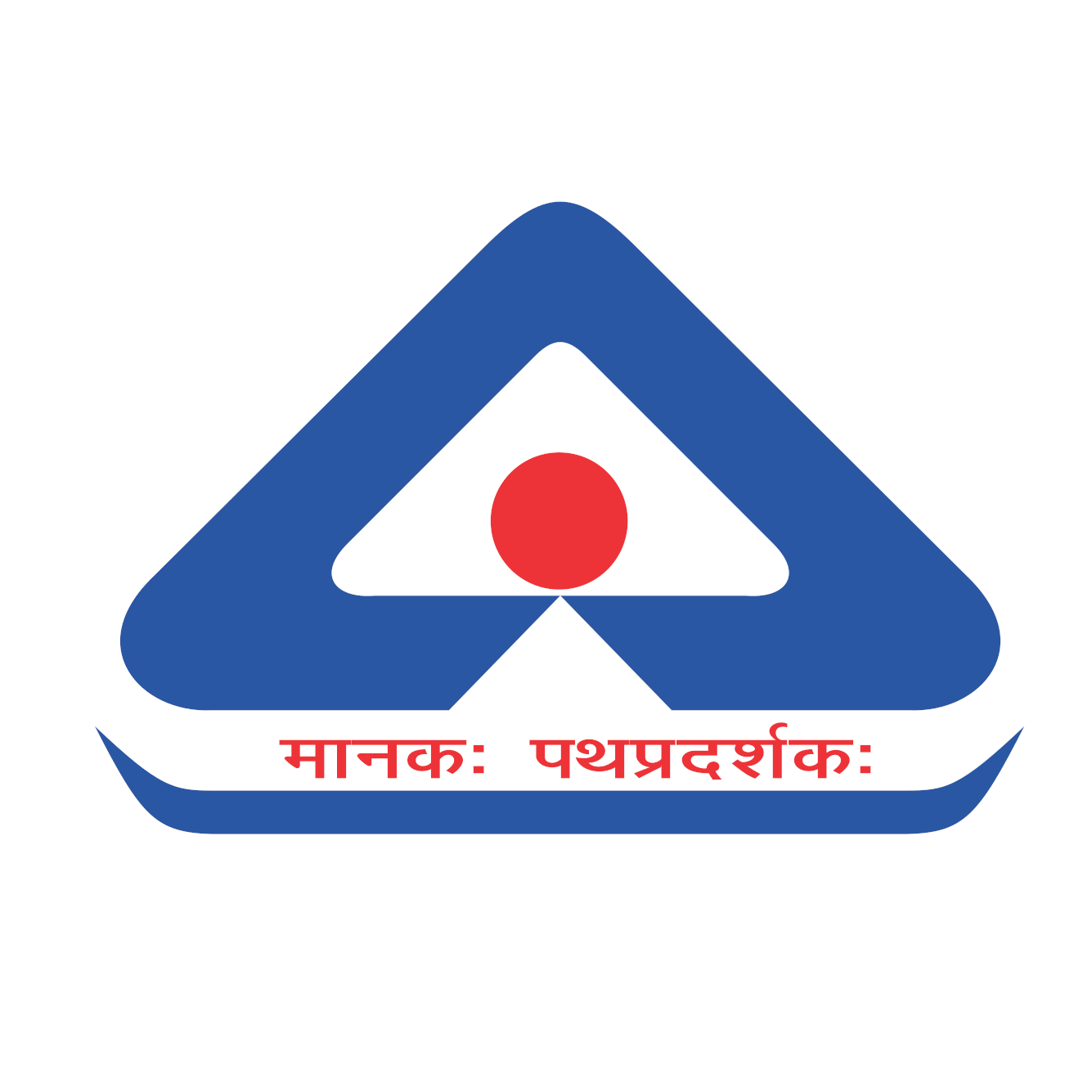India needs more product standards to become a global technology hub
30. June 2022Over the past two years, the pandemic has made it clear that the manufacturing industry must increasingly focus on its own and local suppliers to avoid future failures. In the same wake, India’s piecemeal policy regarding only minimal participation in the global value chain (GVC) was exposed. Mithileshwar Thakur of the Ministry of Commerce and Industry cited the hurdles to fast-track customs clearance of imported and exported goods as the reason for the almost non-existent participation of Indian companies in the GVC. Products from the global value chain account for between 60 and 70 percent of global trade, according to Thakur. He added that many companies have components produced by different manufacturers on multiple continents, preferring easy trade routes. “Any delay in customs clearance is a hindrance for these companies. Therefore, countries with efficient processes such as China, Japan, Taiwan, South Korea, Thailand and Malaysia are more attractive than India as manufacturing locations for technology companies,” Thakur said at the Business Across Borders 2022 event. A solid standards system that can ensure the quality of goods by means of product certification is usually a solution for optimizing the import of goods. An example of certification already required in India for many products is BIS certification.
Yaduvendra Mathur of Consulting Engineers Group Ltd. cites a lack of product standards as another reason for India’s poor showing in the GVC. According to him, a large proportion of Indian companies produce products that do not meet international standards. India does have leading exporters in two-wheelers and electric vehicles, he said. But these tend to focus on the domestic market with low product standards, Mathur said. Despite the establishment of the Bureau of Indian Standards (BIS) and introduction of related standards, Indian industry continues to produce simple and low-cost mass-produced goods of low quality that cannot be exported. Mathur believes that industry decision makers should therefore not focus on tariffs, costs and logistics, but instead on norms and standards. Therefore, the Indian government, with the help of BIS and other organizations, plans to strengthen the introduction of more standards as well as compliance with existing standards. Mathur concurs: “This is the only way Indian SMEs can benefit from increasing globalization.”
Since 2012, the BIS has been gradually expanding the certification catalog and continuously adding additional goods. BIS certification mandatory for many electronic products for industrial and consumer uses. Factory inspections are also required for some products.
If you are interested in understanding what requirements are needed for your product to be imported into India, please do not hesitate to contact us by email or phone (Europe: +49-69-271 37 69 261, US: +1 773 654-2673). There is no cost or obligation for us to check for you. If a certification need is discovered we can provide a quotation to make sure that all your certification needs are covered.
If you have any questions you can also use our chat-window in the bottom right. (Please check your browser settings if you can’t see the window)
For more information about BIS certification, please refer to our free brochure “BIS Certification Made Easy“.









